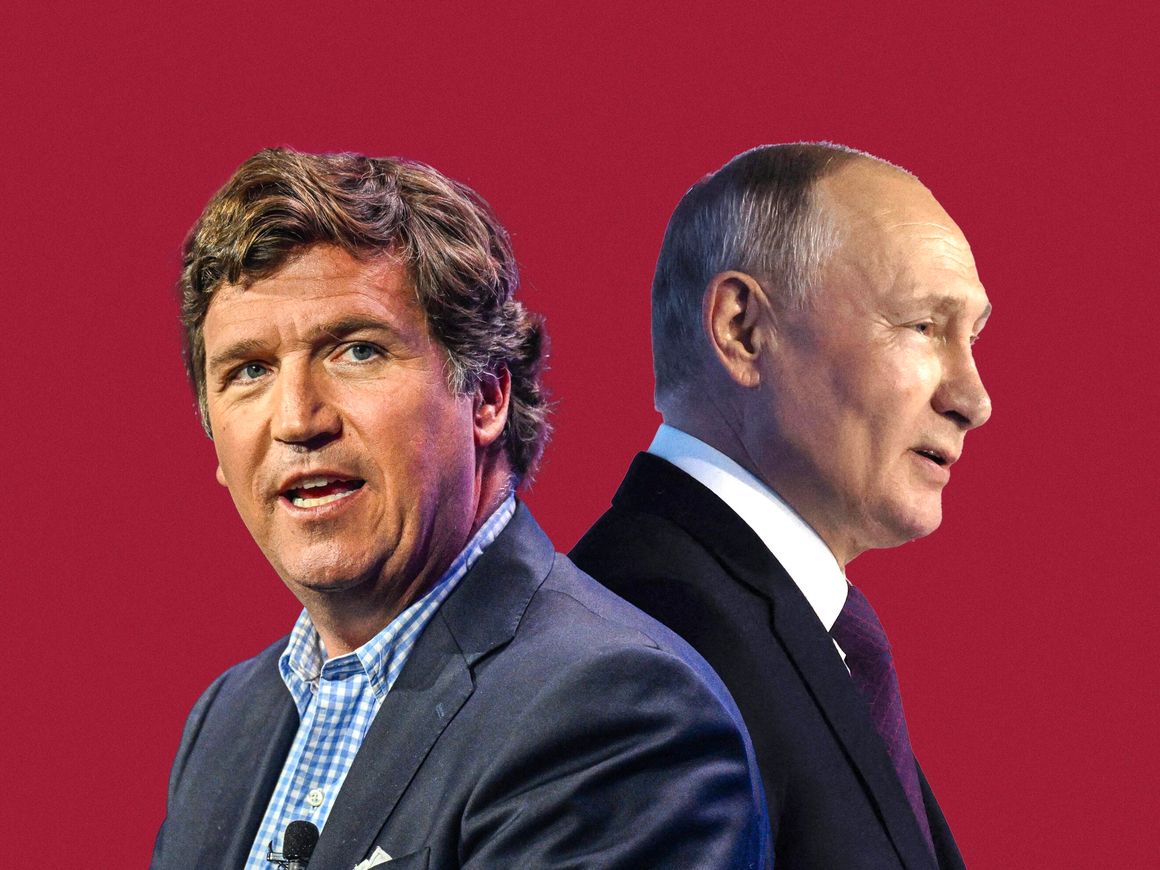The whole world watched as Tucker Carlson sat down for what can only be described as an exhilarating conversation with the riveting Vladimir Putin, with some watching with anxious anticipation and others in complete shock. The scene was set for something like a TED talk with a healthy dose of geopolitical posturing, rather than a clash. This was Putin’s show, and Carlson played the role of a conduit, not a challenger. The dialogue, sprawling over topics from the deep roots of Russian history to the present geopolitical tangle with Ukraine, was less about the questions asked and more about the statements made. Let’s dive headfirst into this fascinating, if not slightly bewildering, spectacle.
A history lesson?
Putin began by digging extensively into Russia’s historical roots, which date back to the year 862. More than a passing reference to the past, the name of Rurik served as a strategic anchor, establishing Russia as a civilization that has endured for millennia. This statement goes beyond simple historical curiosity; rather than portraying Russia’s activities in Ukraine as aggression, it is a deliberate attempt to characterize them as the country’s historical domain being reclaimed and protected.
The narrative of Ukraine as an “artificial state” is a bold stroke in Putin’s rhetorical repertoire. By painting Ukraine as a geopolitical construct rather than a nation with its own thousand-year history, Putin isn’t just revising history; he’s crafting a justification for his actions in Ukraine that resonates with a particular audience. This isn’t just about land; it’s about identity, history, and the legitimacy of nations.
Putin’s discourse on the Polish collaboration with Hitler and the creation of Ukraine by Stalin further colors his narrative with shades of realpolitik and historical grievances. These aren’t just musings; they’re part of a broader strategy to undermine opposition by framing Russia’s actions within a context of historical righteousness and inevitability.
The geopolitical chess game
Moving onto the present, Putin’s comments to Carlson about the ongoing conflict in Ukraine reveal much about his worldview. His proposition that ending the conflict is “simple” if the West stops arming Ukraine is a classic Putin maneuver: shifting responsibility while maintaining a stance of reasonableness and openness to dialogue. This isn’t just about the conflict; it’s about framing Russia as a rational actor forced into a corner by Western aggression.
The interview was also a stage for Putin to assert his narrative to the American public, targeting a specific segment of the U.S. political spectrum. By choosing Carlson, a figure known for his critical stance on U.S. support for Ukraine, Putin was speaking directly to those in the U.S. who view the conflict through a lens of skepticism towards U.S. foreign intervention. This was about sowing seeds of doubt, leveraging the platform to question the prevailing narrative in the West.
Putin’s refusal to engage with Biden directly, coupled with his advice for the U.S. to focus on its internal issues, was not a dismissal but a strategic positioning. It’s a reminder that Putin views the world through a lens of power dynamics, where direct confrontation with the U.S. is avoided in favor of indirect engagement and influence.






